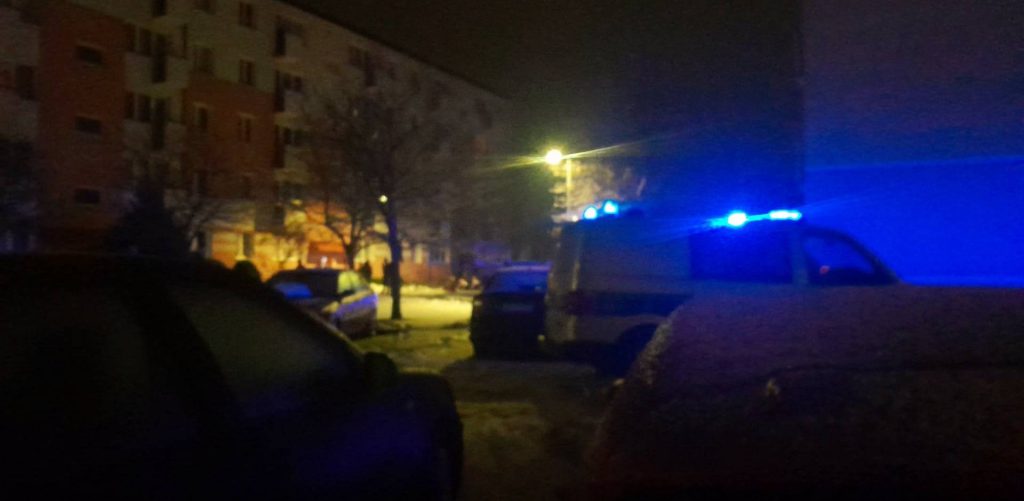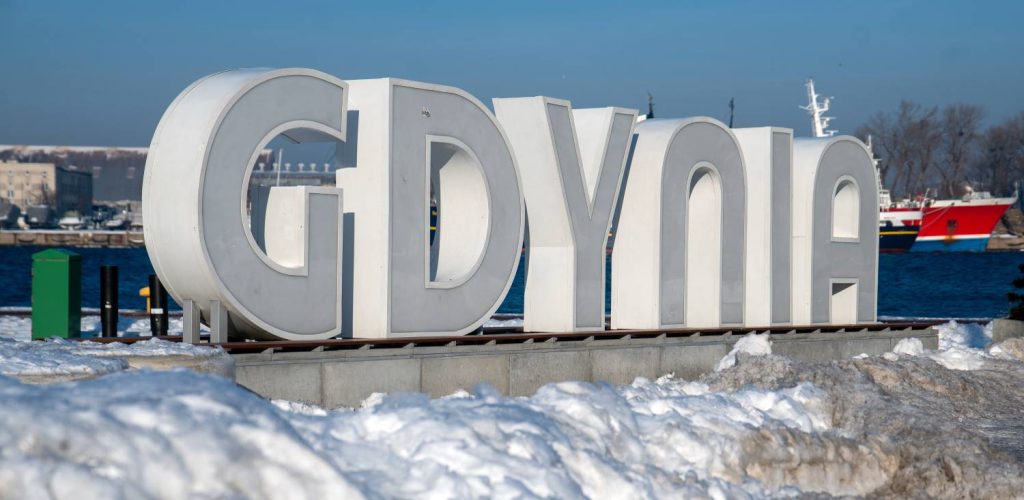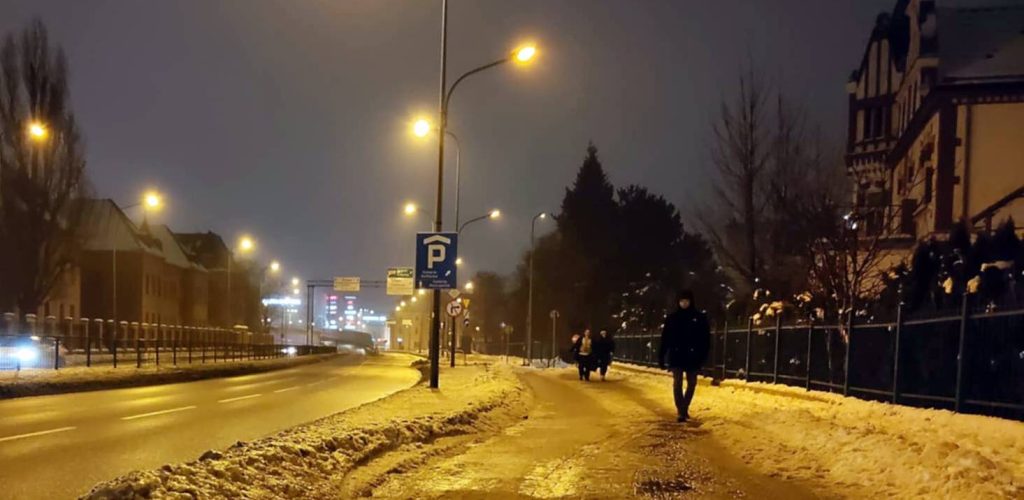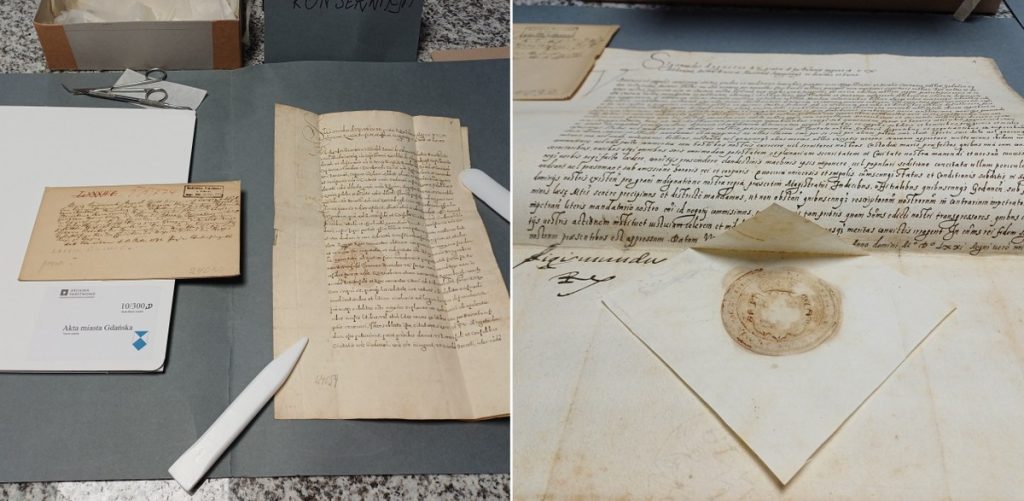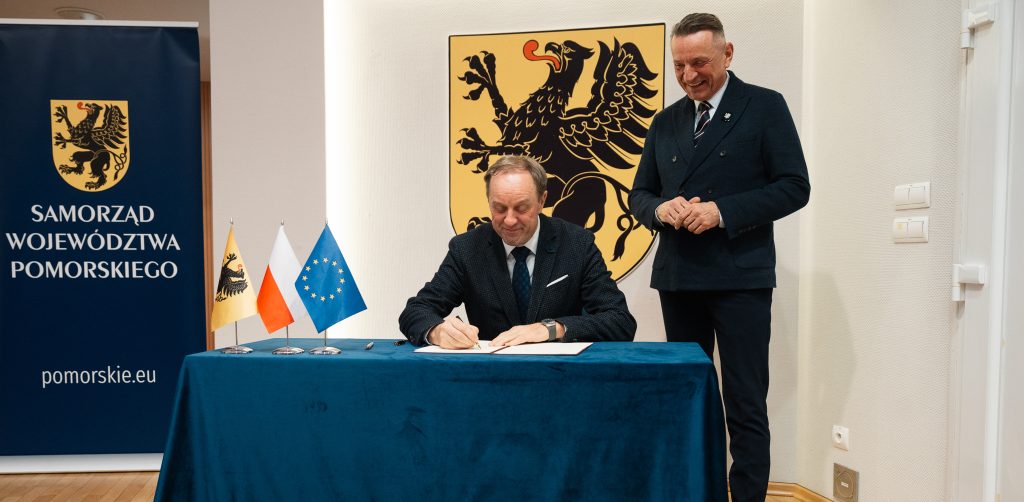The embattled Belarusian President Aleksandyr Lukashenka has been formally sworn in for his sixth term in office, despite continuing social unrest throughout the country.
The inauguration ceremony, usually a major state occasion, was reduced to a subdued and hurried event, only announced to the public after it had already started.
Streets were closed in the Minsk to allow the rushed ceremony to take place away from the angry crowds that have taken to the capital nightly for more than 6 weeks. Lukashenka was supposedly elected in a landslide victory back in August, but both the Belarusian opposition and an increasing number of outside countries believe the vote was rigged and do not recognise Lukashenka as the lawful president.
Wednesday’s surprise ceremony took place in Minsk’s Palace of Independence, with Mr Lukashenka swearing his oath of office on a copy of the Belarusian constitution.
It wasn’t long before crowds of opposition demonstrators had gathered in central Minsk, with riot police swiftly launching a harsh crackdown.
Opposition leader Svetlana Tsikhanovskaya has dismissed the swearing-in as a „farce” and Poland’s Prime Minister Mateusz Morawiecki wrote on Facebook that the secretive ceremony only showed Mr Lukashenka is aware the vote was rigged and that he does not have the support of the nation.
Meanwhile, in Berlin, the poisoned Russian opposition activist Alexei Navalny has been discharged from hospital.
Mr Navaly was being treated for poisoning at Berlin’s Charite hospital after passing out while on a flight in Siberia. Navalny was airlifted from Russia to the German capital as his staff and supporters believe the Russian government was behind the poisoning. The Kremlin has denied any involvement, however.
After more than a month in hospital, much of it in intensive care, Mr Navalny has now been released by doctors. The Charite hospital said the activist’s condition had improved significantly and that a full recovery was possible, but added that further out-patient treatment was still needed.
Mr Navalny is for now remaining in Germany but has said he plans to return to Russia in time.
A Polish war memorial in London has been named as one of the UK’s most protected landmarks after its conservation status was upgraded.
The Polish Air Force Memorial in Hillingdon, west London, joins Battersea Power Station, the Coliseum Theatre, and Liverpool Metropolitan Cathedral in the UK’s second-highest category of protected landmarks, Grade II*.
It comes as the UK marks 80 years since the Battle of Britain, in which Polish Air Force crews played a vital role in defending Britain from Nazi invasion.
Records have emerged this week showing communist-era Poland may have been the target of a real-life James Bond.
Documents from the 1960s, discovered by researchers at Poland’s National Institute for Remembrance, describe a suspected British secret agent operating in Poland under the name „Bond, James Bond”.
The real-life spy worked in Poland in 1964/65 and was ostensibly an archivist at the British Embassy. But Bond quickly came to the attention of Polish counter-intelligence, who kept a close eye on him.
According to the Institute for Remembrance, the documents show Bond had much in common with his fictional counterpart, including an interest in women and drink, though it seems his choice was Polish beer rather than a martini, shaken not stirred. It’s thought he also traveled to the Mazuria, in northeast Poland, where he attempted to penetrate military facilities.
James Bond left Poland in 1965, just in time to catch the release of Thunderball.
Weather
Starting to cloud over as we go into this afternoon with temperatures reaching 24C, 75F.
No rain expected today but showers and even some thunderstorms on the cards for tomorrow.
TH/am

